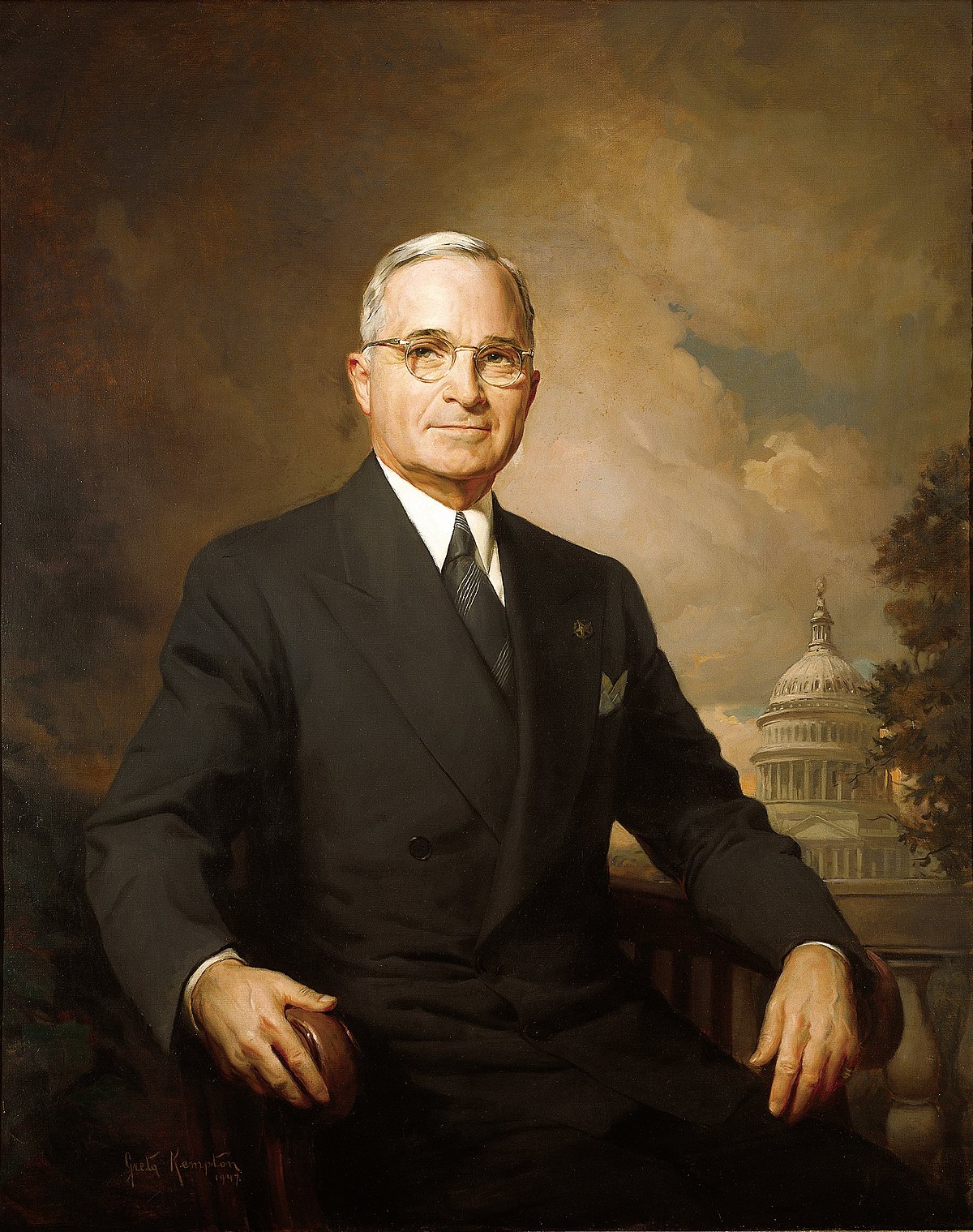
Truman Doctrine
Washington D.C., DC, USABy 1947, US president Harry S. Truman was outraged by the perceived resistance of the Soviet Union to American demands in Iran, Turkey, and Greece, as well as Soviet rejection of the Baruch Plan on nuclear weapons. In February 1947, the British government announced that it could no longer afford to finance the Kingdom of Greece in its civil war against Communist-led insurgents. In the same month, Stalin conducted the rigged 1947 Polish legislative election which constituted an open breach of the Yalta Agreement. The United States government responded to this announcement by adopting a policy of containment, with the goal of stopping the spread of communism. Truman delivered a speech calling for the allocation of $400 million to intervene in the war and unveiled the Truman Doctrine, which framed the conflict as a contest between free peoples and totalitarian regimes. American policymakers accused the Soviet Union of conspiring against the Greek royalists in an effort to expand Soviet influence even though Stalin had told the Communist Party to cooperate with the British-backed government.
Enunciation of the Truman Doctrine marked the beginning of a US bipartisan defense and foreign policy consensus between Republicans and Democrats focused on containment and deterrence that weakened during and after the Vietnam War, but ultimately persisted thereafter. Moderate and conservative parties in Europe, as well as social democrats, gave virtually unconditional support to the Western alliance, while European and American Communists, financed by the KGB and involved in its intelligence operations, adhered to Moscow's line, although dissent began to appear after 1956.
